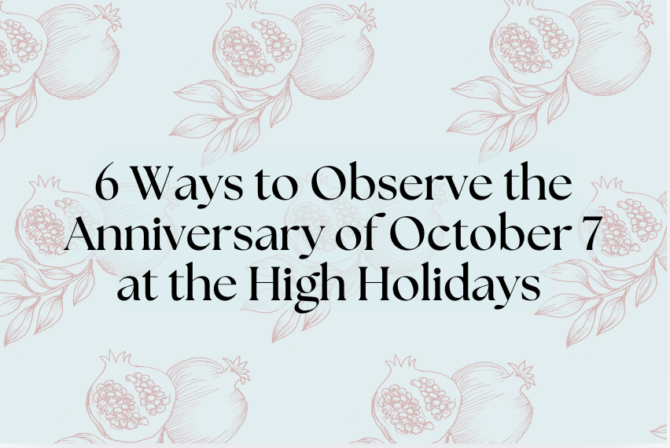Ten people were killed last week at a shooting at Santa Fe High School in Texas, and 13 more were injured.
Among the unnecessarily dead is Shana Fisher, a 16-year-old year old girl who allegedly turned down romantic advances from the shooter, Dimitrios Pagourtzis, and, after four months of unencouraged overtures from him, stood up to him in class. Her mother contends that Fisher was deliberately targeted for having refused the Pagourtzis’s attention.
I’m enraged by this, for a variety of reasons. I’ll start with the obvious: Nobody should be shot in school. But I am also horrified by the idea that the implied takeaway in this situation is that Fisher “embarrassed” the shooter by not responding favorably to his advances — and that it is somehow a reasonable conclusion that her refusal led to her being murdered in a classroom.
Let’s stop for a moment, and use our critical reading skills. Even the headlines in the coverage of this story implicitly perpetuate the idea that somehow Shana’s behavior led to her murder. The BBC’s headline reads, for example, “Sante [sic] Fe school shooting: Suspect ‘was rejected’ by victim Shana Fisher.” In the same vein, the Los Angeles Times headline read: “Texas school shooter killed girl who turned down his advances and embarrassed him in class, her mother says.”
Are these reporting “just the facts, ma’am” — or do they imply that Fisher’s rejection of Pagourtzis is somehow relevant to why 23 people were shot in cold blood?
In my opinion, too many media outlets are linking these two events: the romantic rejection of the shooter and the subsequent shooting. That’s severely problematic, and we — as women, as moms, as Jews — should not remain silent on this issue. We need to question this implicit blame and give a long, hard look at our culture that calls single guys who commit murder “incels,” and not, more accurately, “terrorists.”
Of course, some writers are taking the “girl-spurns-boy” narrative to task. “This shooting didn’t happen because Fisher spurned a boy,” Lani Seelinger wrote in Bustle. “It happened, in part, because of toxic masculinity and the easy availability of deadly weapons. Insinuating that the shooting happened because of Fisher’s actions accomplishes nothing besides pushing girls to be even nicer, even more careful not to wound the fragile egos of boys who might become murderers.”
I wholeheartedly agree with Seelinger — moreover, I think it’s dangerous to let all this remain unspoken. Don’t forget, our kids who access the Internet via their own phones and tablets — and that’s about 64 % of them, nationwide — are reading these headlines on their own, whether or not they discuss them with us.
So we, as parents, must do our duty: We must sit down and talk to them. We have to talk about school shootings generally — and unfortunately — so as to gauge and understand their fears. But also we need to discuss the meaning of “no.”
I want to tell my teenagers explicitly — as well as subtly convey these ideas to my younger kids — something along the lines of, “Not everyone you like is going to like you. By the time you’re grown up, most of us have been on both sides of that equation, and it sucks. We’ve been the one who likes someone who doesn’t know we’re alive, and we’ve been the one who is adored by someone who we only like as a friend, if at all. Either situation is fraught with imbalance, pain, stress ,and self-doubt. But ‘no’ means ‘no.’ Period. End of story. Always.”
As parents, we need to teach our children that “no” is a word with power. “No” is not an entry point to a negotiation. Rather, “no” is the conclusion, whether we want it to be the end or not.
My teenage nephew told me he asked a girl out and she turned him down. I said, “You know what to do now, right?” He said, “I know I know keep trying” and I said “NO. LEAVE HER ALONE. She gave you an answer.” He was shocked. NO ONE had told him that before. TEACH. YOUR. BOYS. https://t.co/yrxjNRnfk5
— 🌹 Witch, Hunting 💀 (@adigoesswimming) May 20, 2018
That tweet says it all — but it can go even further. I firmly, deeply believe we need to teach girls and boys the power of no: a power rooted in self-respect and in respecting others. When we go into a consensual romantic relationship, the power of that “yes” comes from the power of its opposite: non-love, a non-meeting of the minds. When two minds meet in love, that is the exception, not the rule. It’s a gift and not one to be assumed or taken for granted. And if one person says “no,” it just isn’t meant to be. The end.
And, speaking of “no,” I hope we can all say a full-throated “no” to blaming the victim.

This post is part of the Here.Now. series, which seeks to destigmatize mental health,
and is made possible by UJA-Federation of New York and The Jewish Board.
You can find other educational mental health resources here.







